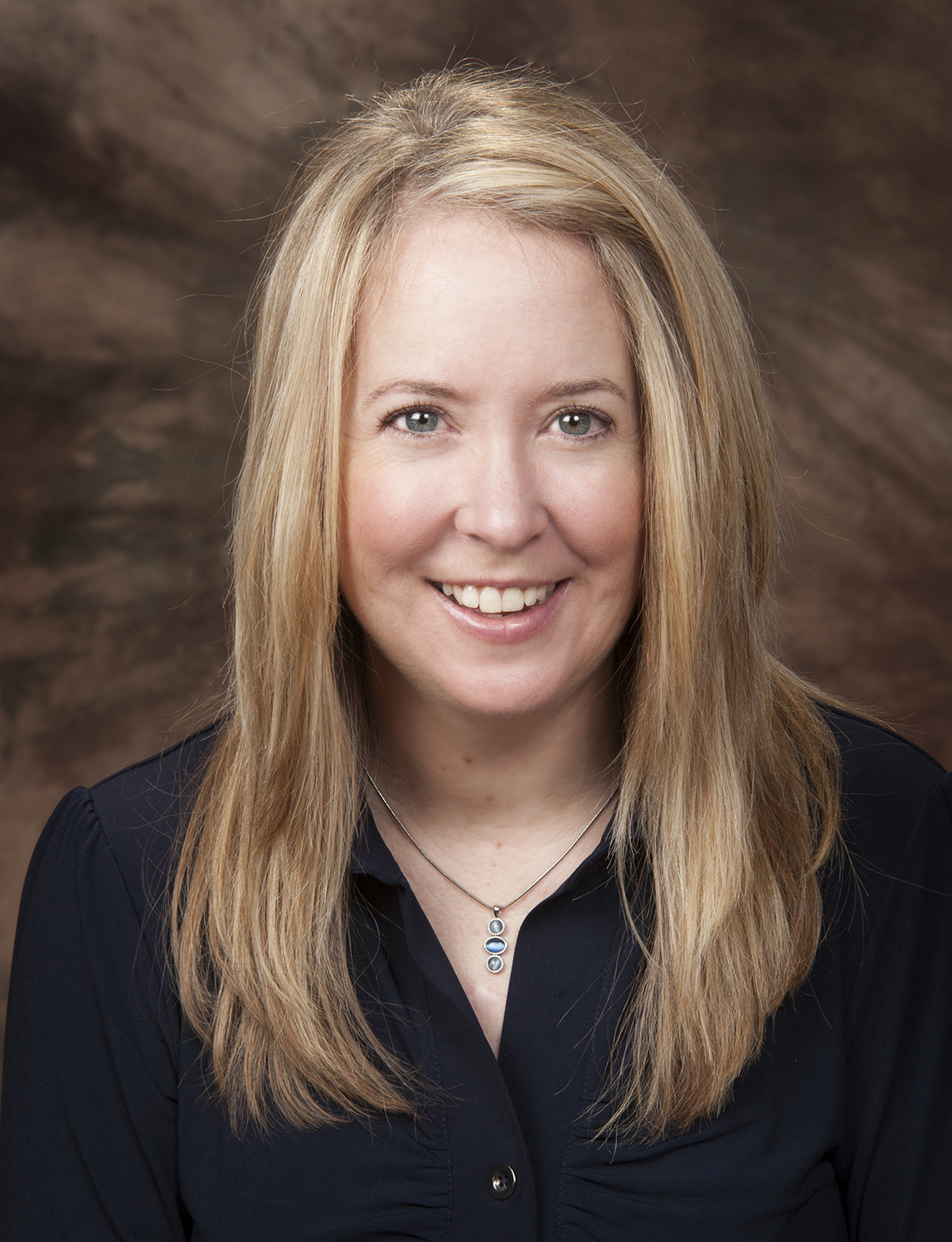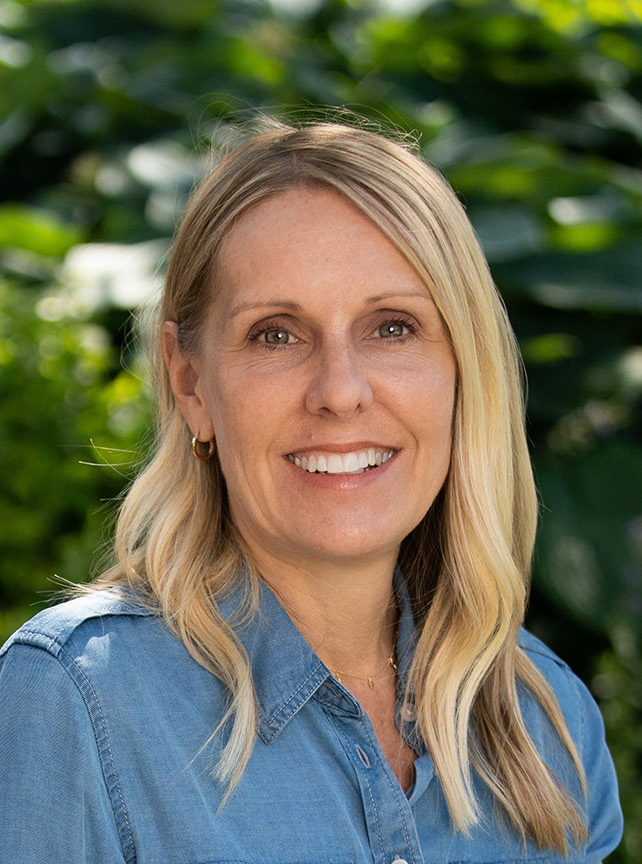SSIS SEH CIP-T2 Training
Session 1 : An Introduction to the SSIS SEH CIP-T2
40min.
Session 2 : The Opening Meeting
This session introduces confidentiality and behavioral expectations for the group. It covers the steps and routine for the Opening Meeting which is how every BIGS lesson begins. Along with an overview of Lesson 1, students will learn the Opening Meeting steps of Greet, Share, Manage Stress, and the Positive Empowerment Points (PEP).
20min.
Session 3 : SMARTi Goals to Picture It!
This session addresses how to write Specific, Measurable, Attainable, Realistic, and Time-bound goals for improvement (SMARTi) and overviews Lesson 2.
15min.
Session 4 : Stress: Manage it!
This session advances understanding of stress including understanding symptoms of and situations that cause stress. Methods to manage stress are introduced. This session represented BIGS Lessons 3 and 4.
15min.
Session 5 : Social Support: Give and Get It!
This session advances understanding of social support including understanding reciprocity of support and emotional and informational types of support. Routines for offering/giving and asking/receiving support are taught. This session represented BIGS Lessons 5 and 6.
15min.
Session 6 : Positive Behavior Wins!
This session advances understanding of key SEL skills and emotional behavior concerns and how positive behaviors can be used to replace negative behaviors in children’s repertories. BIGS Lessons 8 and 9 are overviewed.
25min.
Session 7 : The BIGS Healthy Behavior Routines
This session, overviewing BIGS Lesson 11, provides a review of key concepts learned in BIGS. The four Healthy Behavior Routines are introduced: Good Behavior Routine, Healthy Stress Management Routine, Healthy Social Support Empowerment Routine, and the SMARTi Goals Routine.
20min.
Session 8 : Building a Personal Improvement Goal Attainment Scale (GAS)
This session reviews SMARTi goals and introduces goal attainment scales, a method to track progress. BIGS Lesson 10 and 12 are overviewed in this session.
25min.
Session 9 : Completing the BIGS and Moving to BIMS
This session addresses how personal improvement goals are used to select a Brief Improvement Module for Students (BIMS) from the SSIS SEH CIP.
20min.
Session 10 : Program Implementation: A Case Study & Key Steps
This session integrates the content taught in the CIP-T2, highlights the self-reflection and improvement work of a 4th grade student via his Student Improvement Guidebook activities, and illustrates the use of a MAP – My Action Plan – and Journey Maps to communicate with the student’s parents.
50min.
SSIS Social Emotional Health (SEH) CIP-T2 Training
Study Guide Download
CLICK HERE
Stephen N. Elliott, PhD
Author/Instructor
Mickelson Foundation Professor in the School of Social & Family Dynamics at Arizona State University and President of SAIL CoLab. Steve has collaborated with others to publish more than 150 research reports and present over 100 professional development sessions on the assessment of children’s social emotional skills and positive interventions to improve these skills. A significant portion of this research concerns the development and use of high-quality multi-informant social behavior assessments and intervention programs for use in multi-tiered systems.
Christine K. Malecki, PhD
Author/Instructor
Distinguished Engagement Professor in the Psychology Department at Northern Illinois University. She has been the School Psychology Program Director for many years and enjoys training future school psychologists as well as providing professional development in schools to practicing student support personnel and other educators. Christine conducts research investigating social interactions that enhance or are barriers to social relationships and overall functioning for youth including social support, bullying behaviors, and prosocial teasing.
Michelle Demaray, PhD
Author/Instructor
Presidential Research Professor in the Psychology Department and Northern Illinois University. Michelle has conducted research on the importance of social support in the lives of children and adolescents for over 20 years. Along with Drs. Malecki and Elliott, they have created a measure of social support that is used in research across the world. She also conducts research on bullying and victimization in schools. She is passionate about improving the social emotional functioning of all youth in schools.



